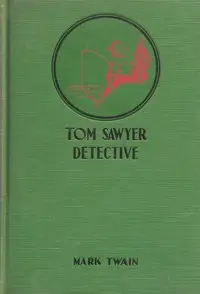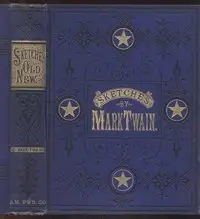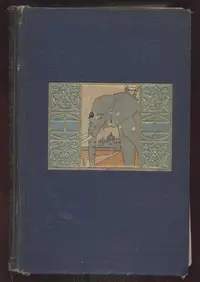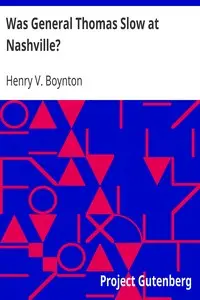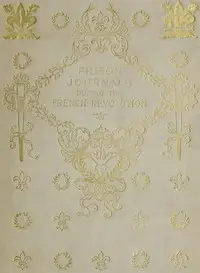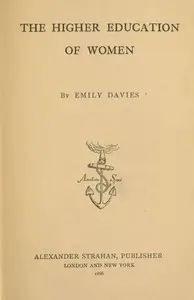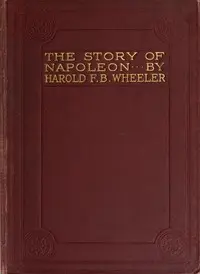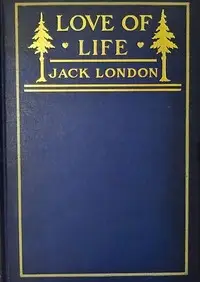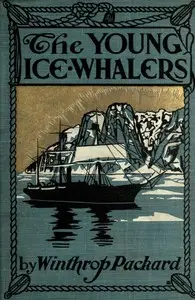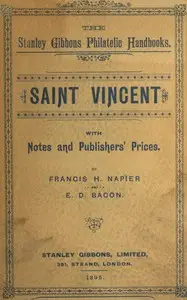"The Prince and the Pauper, Part 7." by Mark Twain is a historical novel likely written in the late 19th century. The book explores themes of social class and identity through the story of two boys who switch places—a pauper and a prince—allowing each to experience the other's life. This segment highlights the continuing adventures and challenges faced by the characters after their initial switch, filled with moments of conflict, betrayal, and a search for belonging. In this portion of the story, the King, now disguised as a pauper, finds himself entangled with a gang of tramps who subject him to their jests and cruelty. Despite his royal background, he displays remarkable resilience and bravado, especially during a fight where he triumphs over an adversary named Hugo. This victory earns him respect in the gang, but he also faces an ongoing struggle for his identity and dignity as he navigates the hardships of his new life. Meanwhile, Miles Hendon, who has been searching for the King, is forced to confront the villainy of his own brother and the injustice he suffers. The tale reflects on themes of loyalty, injustice, and the complexities of human nature, as both the King and Miles seek their rightful places in a tumultuous world. (This is an automatically generated summary.)
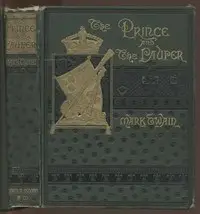
The Prince and the Pauper, Part 7.
By Mark Twain
"The Prince and the Pauper, Part 7." by Mark Twain is a historical novel likely written in the late 19th century. The book explores themes of social c...
Samuel Langhorne Clemens, known by the pen name Mark Twain, was an American writer, humorist, and essayist. He was praised as the "greatest humorist the United States has produced," with William Faulkner calling him "the father of American literature." Twain's novels include The Adventures of Tom Sawyer (1876) and its sequel, Adventures of Huckleberry Finn (1884), with the latter often called the "Great American Novel." He also wrote A Connecticut Yankee in King Arthur's Court (1889) and Pudd'nhead Wilson (1894) and cowrote The Gilded Age: A Tale of Today (1873) with Charles Dudley Warner.

